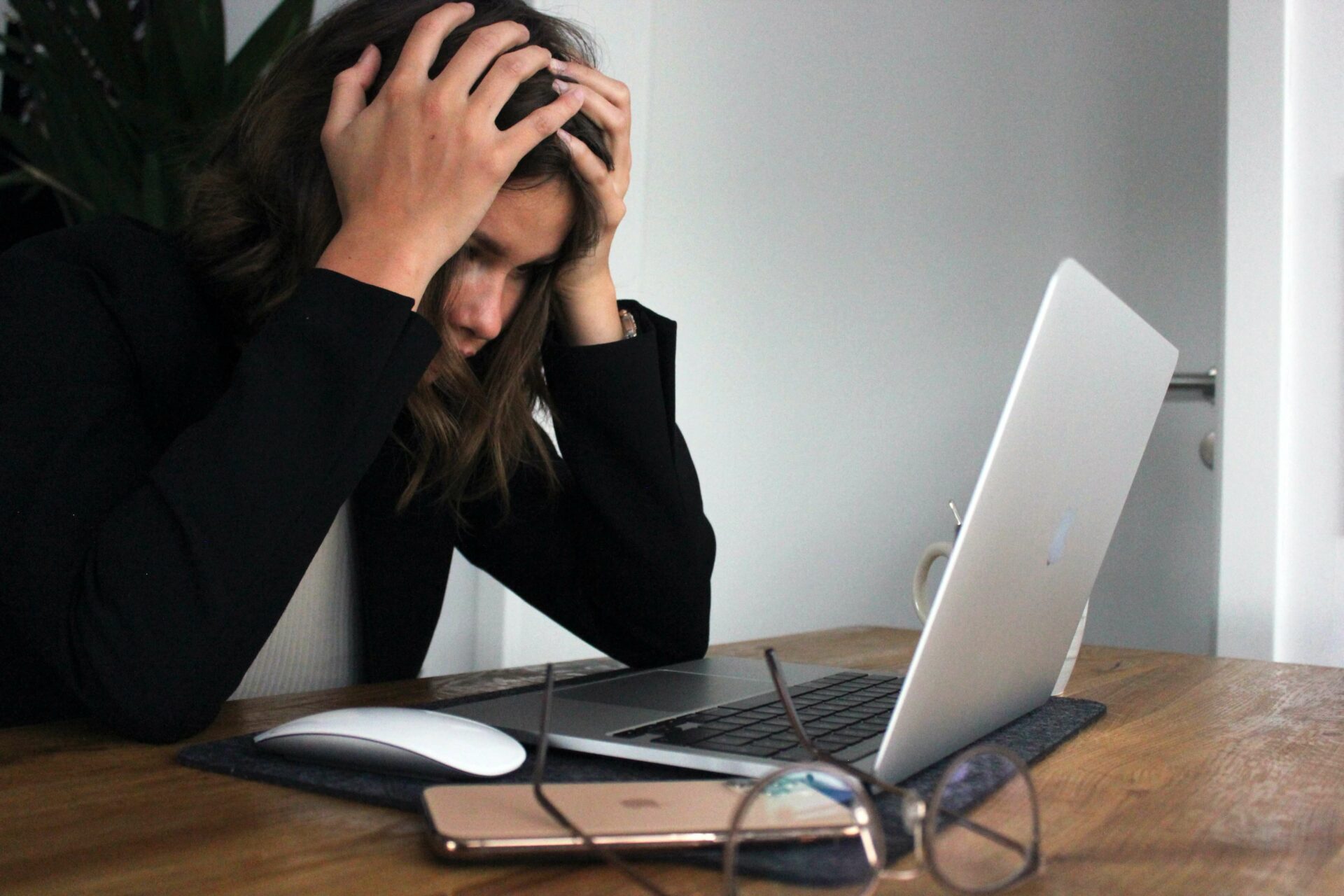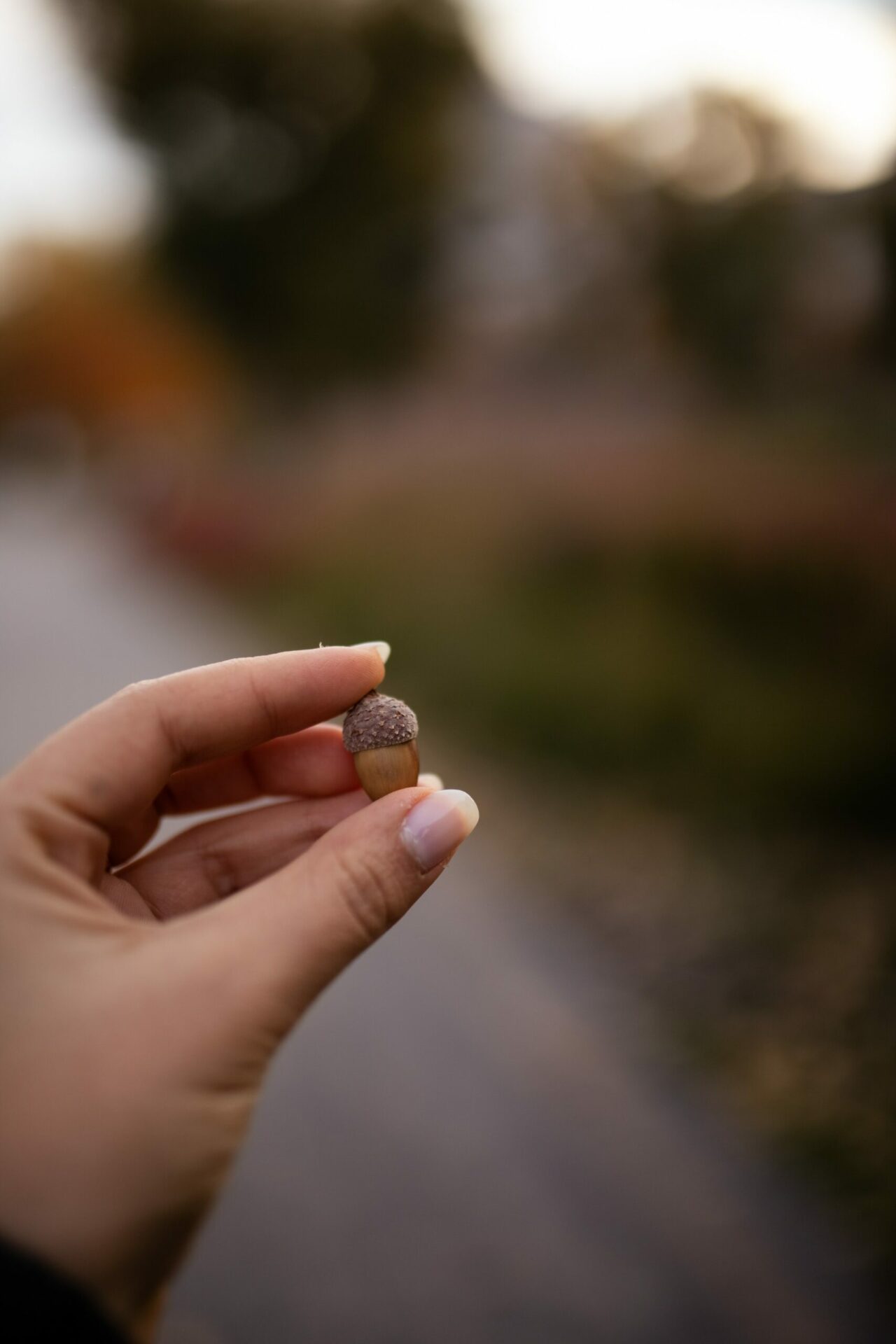
Your individual stress mix
With natural methods such as the individual spagyric sprays from Zimply Natural, complaints can be treated and sustainably alleviated.
A study by Techniker Krankenkasse clearly shows: Germans are stressed. The stress level is particularly high among 30-39 year-olds. This age group often faces the difficult task of balancing family and work. Reconciling young children with a professional career often puts women under great pressure. Other main factors leading to Anti-Stress are financial worries, hectic everyday life, quarrels in the family or health concerns.
In addition, constant accessibility through the smartphone and sensory overload via all channels means that we rarely get a moment's peace. Digitalization has led to us being permanently online. The boundary between work and private life is becoming increasingly blurred due to digital networking, and stress is pre-programmed.
In this blog article you will find far-reaching information on the topic of "reducing stress".
Different types of stress
Healthy stress
Stress is a natural reaction of the body, which is caused by internal and external stimuli. There is a term called eustress, which describes positive stress. Eustress increases the performance and attention of the body. For example, when we solve an important task, it increases our productivity and we are motivated to face the challenge.
Negative stress
The opposite of healthy, motivating eustress is disstress. When the balance between stress and recovery becomes unbalanced, we quickly feel overwhelmed or threatened. It seems as if we are not up to our tasks and stress overtakes us. Permanent stress has a negative effect on our health and can lead to diseases such as Burnout, Sleep disorders and high blood pressure.
How can I reduce stress?

Just the thought of stress can stress us out. The Immunesystem is constantly on alert due to stress-related hormones. The cardiovascular system and the brain experience additional strain due to stress. The permanent pressure inhibits creativity and can lead to listlessness and a depressed mood. Of course, everyone reacts individually to stress factors, so unfortunately there is no absolute, generally valid recipe against stress. However, here you will find inspiration and information about strategies that can help you to reduce stress.
S.O.S. Short-term stress reduction
If you're in the midst of a stressful day, there are a few quick techniques that can help relieve stress.
Take enough breaks!
Even if you think: "I don't have time! I have sooo much to do! I'll never make it!" it can help to take a break. At first, this seems counterproductive, as if there would then be even less time for the tasks at hand. However, this is a fallacy. It helps immensely to close your eyes for a moment and take a deep breath. A minute's rest won't throw you too far behind in your schedule, but it can help you approach the tasks at hand more productively and calmly.
Let it out!
In the case of acute stress, it can help to scold loudly once and make room for your anger. React in a controlled way without dumping the negative emotions that trigger the stress on another person. Grab your jogging shoes and go for a run in the park, or turn the music up to full volume and shake off all the stress.
Provide a stress-free environment!
If you are in the middle of a challenging task, it helps to reduce the stress factors around you. Turn off distracting noise sources such as the radio or cell phone. Ensure good air and a tidy workplace.
Reduce stress in the long term

If you feel permanently stressed and the small tips against short-term stress no longer achieve any success, then it is time to deal with this circumstance in a problem-oriented way. It is important to identify stress factors, minimize them and, at best, eliminate them altogether.
What stresses you out?
The first thing to do is to identify the stress factors. To do this, write a list of all the obligations, tasks and challenges that cause you stress. Common stressors are your job, multiple workloads, family problems, your own high demands and stressful everyday situations. With a list of all the causes that lead to stressful situations, you can visualize which factors trigger stress in your everyday life.
What can you change?
Many stressors can be reduced by prioritizing. Determine which items are at the top of your list and which are actually not that important. Weekly and daily schedules can help you to keep an overview. Bring order into your calendar and you will see that the chaos in your head will automatically improve. In addition, it is important to be able to estimate your time correctly. If you notice that you are overloaded with tasks, it is okay to say no once in a while.
One thing at a time!
Often we try to do dozens of things at the same time, which only leads to the fact that in the end we need even longer and the stress level increases. So be careful with multitasking. Rather do one task after the other, so you can continuously work through your to-do lists.
Reduce stress through a healthy attitude

Of course, there are also stressors that cannot be minimized. Here, it can help to change your own attitude toward them.
A crucial strategy that helps reduce stress is one's own attitude. It is important to recognize which negative beliefs reinforce personal feelings of stress. Many of today's stress reactions have a psychological origin. One's own inner critic is a constant companion. Negative thoughts such as "I'll never make it in the allotted time," "I'll never finish as slow as I am," or "I can't do it" often accompany one's actions.
Such negative beliefs lead us to put ourselves under more and more stress and always feel the need to perform better. In order to reduce stress instead of increasing it, it is important to recognize and change one's own negative attitude. Destructive beliefs should be replaced by positive ones. This intention can be trained! The resolution alone is the first step, but it is not enough. To get rid of negative attitudes and reduce stress, one must actively control positive beliefs.
It may seem strange to talk to yourself at first, but it's worth a try. Positive affirmations such as "I can do this" or "It's okay to make mistakes, I'll do my best" help motivate yourself and reduce stress. Through increased confidence in yourself, you increase your ability to cope with the challenges of everyday life. Stress reduction is enormously important for your health!
Pay attention to your body!

It is important to build in enough recovery time. The body always needs sufficient time to regenerate for the tasks and challenges ahead. Relaxation exercises and sports can help to reduce emotional and psychological stress. Sport can release pent-up energy and reduce stress hormones.
More tips to reduce stress
- Go out into the fresh air every day
- Listen to your favorite music to switch off. It puts you in a good mood and helps you relax.
- If you take breaks, then do it right! Switch off everything else for a moment and focus on the here and now!
- Find a hobby that can give you a balance to work.
- Write down thoughts that are bothering you and distracting you from your actual activity. This way you can put them aside for a moment and come back to them later.
Also feel free to check out our other blog article on the topic of "Tips to avoid stress" over.








